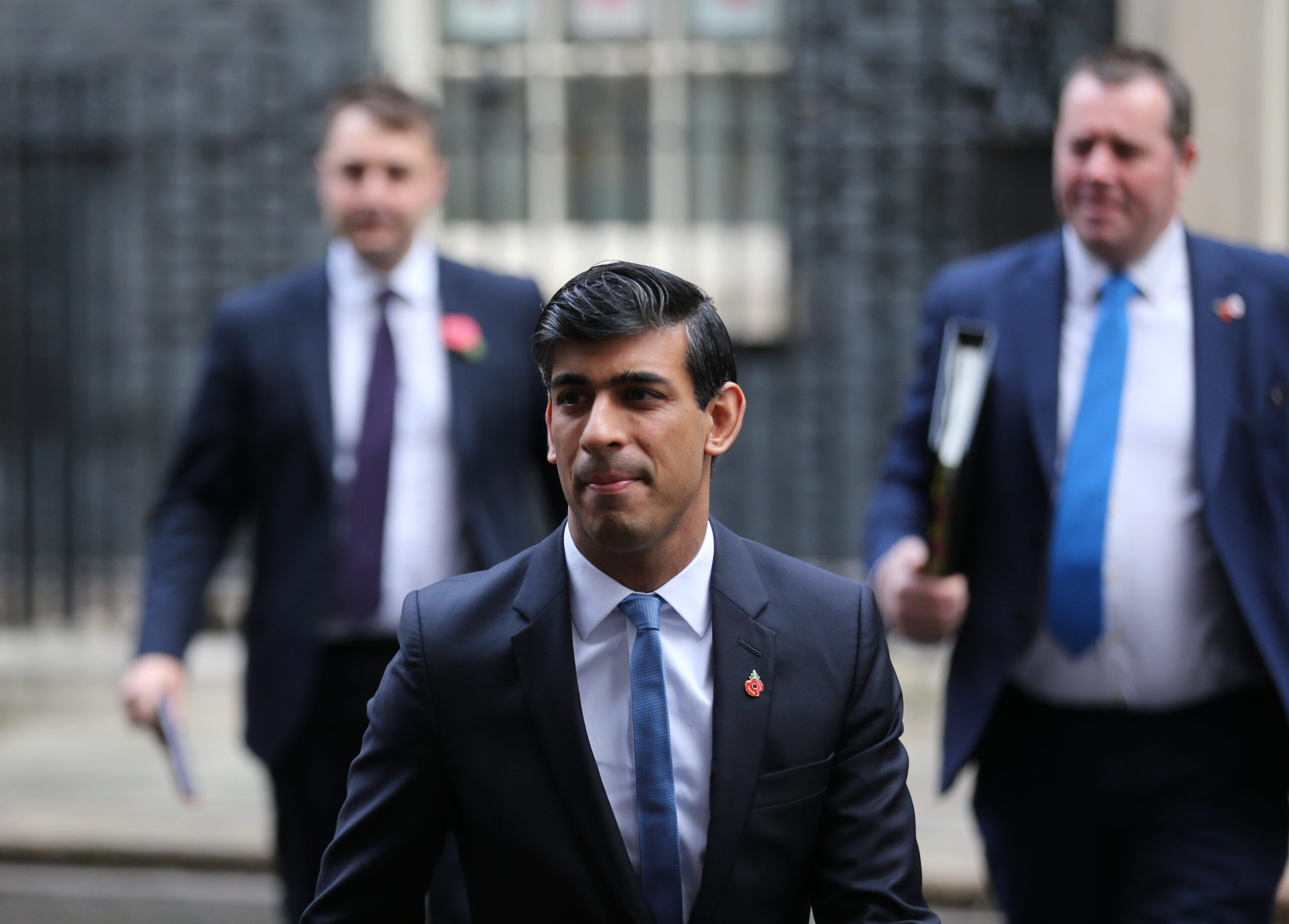- Royal Mint's NFT announcement seen as marketing ploy by crypto experts
- Chancellor's announcement comes in stark contrast to UK’s ‘anti-crypto’ policies
Last week, Rishi Sunak, the Chancellor of the Exchequer, announced that government-backed Non-fungible digital tokens (NFTs) will come to the UK if the Royal Mint’s NFT materializes.
A tweet by HM Treasury stated that the decision follows a ‘forward-looking approach the country is taking towards crypto assets.’
The announcement however has raised eyebrows among critics and experts in the crypto world, particularly given the UK’s ‘anti-crypto’ policies exerted on crypto assets.
Tamas Muller, Growth Manager at BrokerChooser.Royal NFT seems to be a marketing catch to support their current position on cryptos and their future plans, that is, to make the UK a crypto hub. Taking advantage of the NFT hype that is just fading seems to be a good marketing catch
Muller explained that the announcement lacked depth. “We do not know what this NFT will be good for, what practical role it will be given, whether it fits into any ecosystem. As long as these details aren’t clear, it’s more of a communication catch, and thus it has no speculative value,” He added.
Muller highlighted the announcement did not provide details on how the NFT will work alongside ownership, how many will be minted and most important of all— what the funds generated from them will be used for.
“Some could argue that the declaration showcases everything negative about NFTs. The lack of clarity and such vagueness adds to the negative opinions of NFTs when in fact, we should be celebrating the positives of the industry,” said Muller.
Adam Nasli, Head Analyst at BrokerChooserIt is a somewhat interesting time for the government to be announcing this. In light of recent events not only in regard to the government but also in NFTs. The UK is in the midst of an unprecedented living costs crisis and this announcement could seem insensitive
The cost of living has been increasing across the UK since early 2021 and in February 2022, inflation reached its highest recorded level since 1992 —6.2% higher than the year before.
On 23rd March 2022, the Office for Budget Responsibility (OBR) forecast CPI inflation to peak at 8.7% in Q4 2022 and be above 7% in each quarter from Q2 2022 to Q1 2023. This is significantly higher than the peak of 4.4% that was forecast in October 2021. In 2022/23, the OBR forecast CPI inflation to average 8.0%— more than double its previous forecast of 3.7%.
“FCA, the UK regulator, banned crypto derivatives in early 2021 to protect UK customers. This move was seen as unnecessarily cautious and forced customers to find workarounds to trade crypto derivatives, like choosing a loose-regulated entity outside the UK. Since then, we can see that the UK government and the regulators are trying to find ways to enhance digital assets through campaigns and consultations papers. The promotion of issuing an NFT is also part of this approach,” Nasli added.
BanklessTimes provides a timeline of measures by the UK government seen as generally having a negative effect on the UK’s crypto sphere— largely considered a contradiction to the Chancellor’s seemingly bullish announcement:
Timeline of UK government’s ‘anti-crypto’ policies
On 11th March 2022, the Financial Conduct Authority (FCA) warned operators of crypto ATMs to shut down their machines or face enforcement action. The FCA stated that none of the crypto providers registered had been approved to offer crypto ATM services in the country.
The ban came swiftly after the Upper tribunal refused to grant a crypto ATM service provider rights to continue trading. When the announcement was made, there were a total of 81 crypto ATMs. The number has dwindled to 25 according to data by crypto ATM tracking platform Coin ATM Radar.
In January 2020, the FCA set its eyes on unregistered crypto-asset businesses operating in the country, requiring all firms to comply with anti-money laundering and counter-terror financing (AML/CTF). The directive saw 110 unregistered crypto firms shut down operations in the country, affecting many crypto investors.
In January 2022, Rishi Sunak announced a crackdown on crypto adverts (ads). The logic was to legislate and address misleading crypto promotions.
The UK Advertising Standards Authority (ASA) then set out to ensure ads were ‘fair and clear’. The basis for these actions stems from research conducted by the FCA, which found that crypto understanding was declining in the country. The report even suggested that some crypto investors didn’t know what they were getting into. The ASA directed more than 50 crypto firms to comply with advertising standards and threatened sanctions if the misleading ads persisted. ASA has since issued warnings to Coinbase.
In 2018, a crypto-asset task force was set up to steer the UK’s regulatory response to the crypto market. The overarching intention of the task force was to help the country achieve its goal of becoming a leading financial and innovation hub. However, some of the directives and policies from government authorities have dampened sentiment for crypto-asset investments.
Many have welcomed stricter regulations given that there was a 650% increase in ownership of crypto assets from 2018 to 2021. According to a report by FCA, about 2.3 million adults own crypto in the UK. A BanklessTimes report revealed that the UK ranks 11th out of 27 countries that own cryptocurrencies. The country’s Bitcoin adoption levels ranked higher than the global average, at 39.1%.
Despite the vagueness surrounding the Royal Mint’s NFT, it has been generally well-received.












